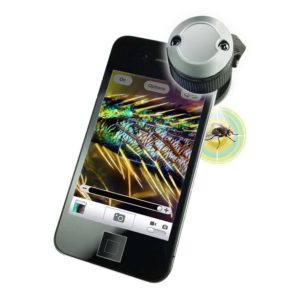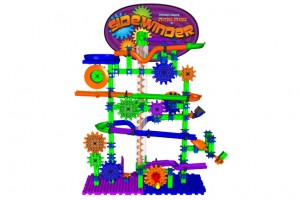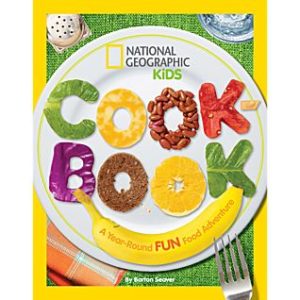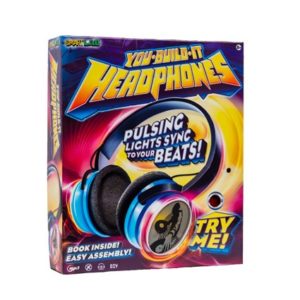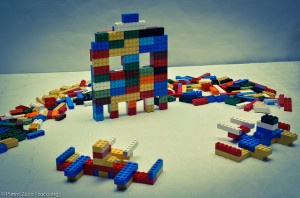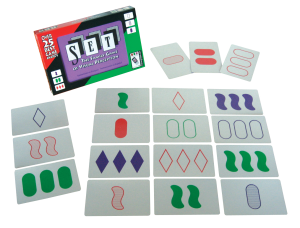 Maybe your kid loves science or math. Or maybe you really want to ramp up his interest in STEM (science, technology, engineering and mathematics). What a great holiday gift, right?
Maybe your kid loves science or math. Or maybe you really want to ramp up his interest in STEM (science, technology, engineering and mathematics). What a great holiday gift, right?
Let me tell you a little secret about boys. They love to learn—until you tell them that’s what they’re doing.
So don’t tell them.
Kids are insatiably curious. Your job is simple: keep feeding that instinct, and they’ll want more and more. But if they catch a whiff of an ulterior motive, kids might run in the other direction.
So there are a few tricks to buying the right educational toy, game or kit.
- Avoid overly educational gifts, unless that’s what your kid is into. Skip games or kits that claim, in big letters, to boost your child’s grade-level abilities. Instead, look for gifts that are actually fun to play with and not just an extension of school.
- Choose gifts that you can participate in. Games are great for this, especially if they don’t require learning but Practicing games often require players to rely on logic and other cognitive skills.
- Look for kits with a long life—that help kids build something they will actually use or something new each time. It’s great to follow directions, but it’s even better to create something absolutely unique.
- Push your child in a new direction—but not too new. Build on their existing curiosities.
- Pay close attention to the age-ranges noted on games, toys and kits. Shoot too high, and your kid might get frustrated and give up. Shoot too low, and you risk boredom.
- Be ready with some questions to fuel excitement. What do you want to know about the toy or game? What questions do you hope an experiment will answer? Pose these queries when the time is right—and let your child answer them.
Ready to wrap up some curiosity inspiring gifts this holiday? Here are some ideas.
Disclaimer: I’m a girl, and I would play with any of these. Clearly, this list is not meant just for boys.
PrankStar Quick Attach Microscope
With a quick clip to a smartphone, kids can investigate even the tiniest of details—like leaves, puddles of water or the inside of a sister’s nose. (BuildingBoys note: As of 12/8/14, this was on sale for $4.98!)
The physics are strong in this toy—but your kids won’t notice that they’re learning and practicing cause-and-effect. It’s just too much fun to build a new design from hundreds of pieces.
National Geographic Kids Cookbook
Some of the very best experimenting happens in the kitchen. Bonus: fractions and chemistry!
In a matter of moments, kids get an undercover lesson in electricity, sound and technology—and a new set of headphones. Pretty cool.
Duh, right? For decades, Lego has been the go-to gift for boys (and girls). And it’s also the go-to toy for building spatial abilities. Lego is good for kids’ brains.
This ingenious game is tough—for parents. But your kid will quickly recognize the patterns needed to win. One of the best games for foundational mathematical skills on the market.
Laura Laing is the founder of Math for Grownups, a revolution designed to convinced adults that they can (and must) do math. The author of two books, Math for Grownups and Math for Writers, she can help you overcome your fear of math. Sign up for her free guide: “Multiply Your Math Moxie: A painless guide to overcoming math anxiety.
